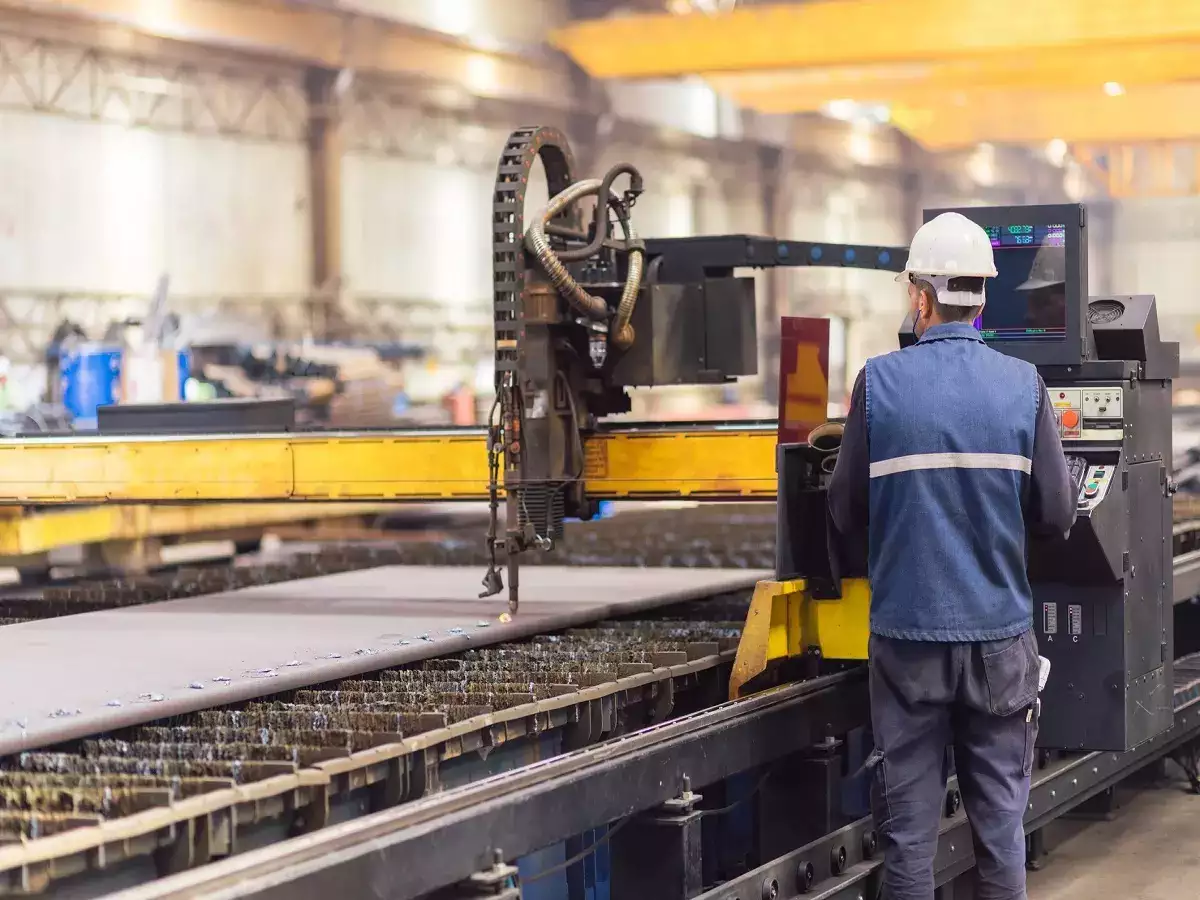
The Alliance for American Manufacturing (AAM) on Friday published a report on China's excess industrial capacity that echoes concerns raised by the Biden administration and U.S. allies in recent months, saying quick action was needed to stem a rising tide of cheap and subsidized exports that threatens U.S. jobs.
The group called for the return of a long-expired import surge protection tool that was created when Beijing joined the World Trade Organization in 2001, the event that turned China into a global export powerhouse.
The so-called Section 421 safeguard was designed to allow the U.S. to impose temporary tariffs to ease market disruptions caused by surges of imports from China's low-cost manufacturing base that was welcomed into the global trading system 23 years ago. The idea was to give domestic industries some breathing room as China transitioned to a market economy with a more level playing field - a transition that never came.
Section 421 was invoked only once, in 2009 by then-President Barack Obama, at the request of the United Steelworkers, whose members were being laid off by U.S. tire plants hit by a flood of Chinese imports. The action temporarily raised the tariff rate on Chinese tires to up to 35% from the 4% WTO rate, but Section 421 expired in 2013.
With new import surges threatened in new industries including EVs, solar and semiconductors, as well as continuing surges in older sectors such as steel, glass and tires, Section 421 should be revived and modernized, AAM said.
"Beijing has failed to abide by its WTO commitments and remains a non-market economy," AAM said in the report. "It's state-driven support for critical sectors is causing massive overcapacity and threatens import surges in the United States, necessitating the reinstatement of the Section 421 tool," AAM said in the report.
It called for changes to allow such duties on Chinese import surges from plants in third countries, such as Mexico or Vietnam and a faster process to impose the tariffs before permanent damage to U.S. output is done. It also said the relief options should be broader and longer in duration.
The U.S. Trade Representative's office did not immediately respond to a request for comment on the AAM recommendations.
The report laid out job losses and plant closures in the U.S. paper, glass, steel and tire industries caused by Chinese imports, and said that the U.S. needs a more proactive approach to avoid a repeat in newer sectors. Excess capacity is a "feature, not a bug" of China's state-driven economic model, it said.
G7 Confronts China
The recommendations were published as leaders of the Group of Seven industrial democracies met in southern Italy and pledged in a joint statement to protect their industries from China's "unfair practices".
It also follows this week's decision by European Union officials to impose punitive tariffs of 17.4% to 38.1% on Chinese EVs to combat a finding of excessive government subsidies for the sector.
AAM President Scott Paul said he was encouraged by the U.S. and EU tariff actions, calling Biden's move a watershed moment to get out in front of China's overcapacity at a time when Washington is investing heavily in a new energy transition.
The European tariffs show that Biden "is not alone in his concerns about China's EV overcapacity and subsidies. This is validation that there are widespread concerns about Beijing's policies and practices."
Among other protections, the group recommended several steps aimed at countering China's circumvention of U.S. tariffs by shifting production to third countries such as Mexico and Vietnam, including passing proposed legislation to strengthen U.S. anti-dumping and anti-subsidy laws to cover production from third-country investments, and strengthening rules of origin requirements in U.S. free trade agreements to exclude Chinese content.
Disclaimer: The copyright of this article belongs to the original author. Reposting this article is solely for the purpose of information dissemination and does not constitute any investment advice. If there is any infringement, please contact us immediately. We will make corrections or deletions as necessary. Thank you.





